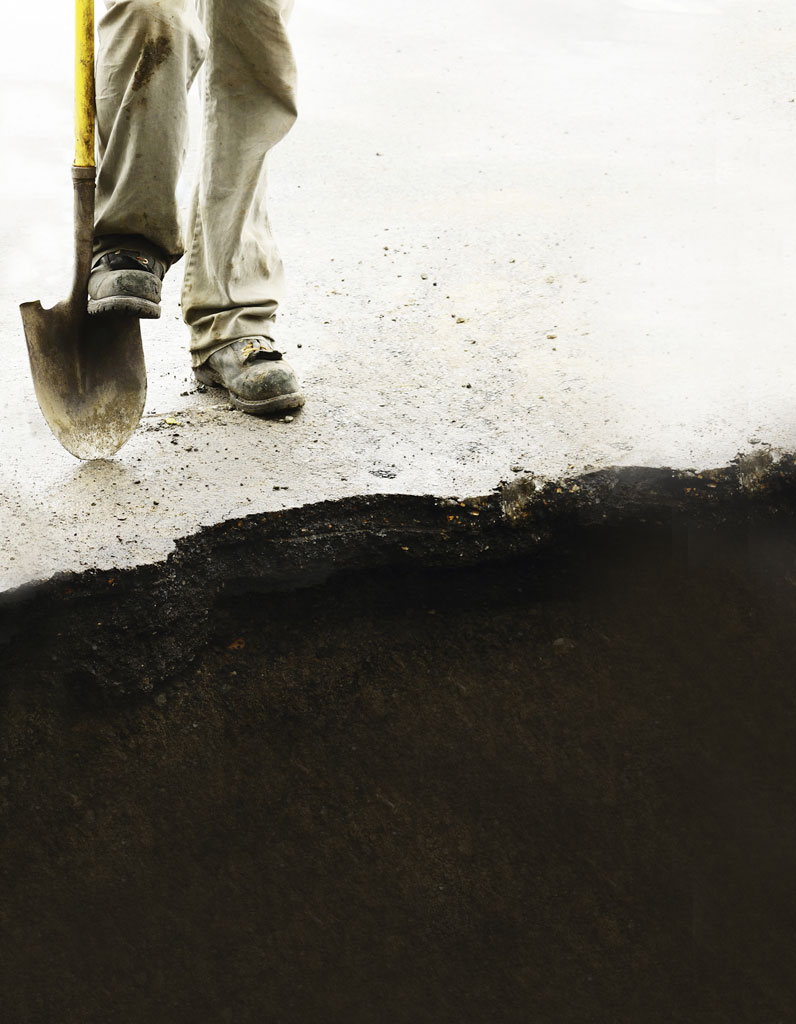
Ground stability issues aren’t something the average homeowner considers when putting in an offer on their new home. It is more likely that thoughts will turn to BBQs on the lawn while the sun is shining, rather than focusing on what lies beneath the property.
In recent years, ground stability risks such as sinkholes have become more apparent and with the expected worsening of weather conditions, they are projected to increase in volume. According to the Royal Institution of Chartered Surveyors, at least nine sinkholes appeared in England in February 2014 caused by heavy rain and flooding. However, heavy rain is not the only culprit, as there are a range of factors that can be responsible for subsidence and ground instability issues.
Peter Brett, a leading development and infrastructure consultancy which holds a national database of non-coal mining and natural cavities define such instability issues as “natural cavities, such as sinkholes and caves, occur widely in diverse geological settings. Most are formed by the dissolution of soluble rock, such as chalk or limestone.









